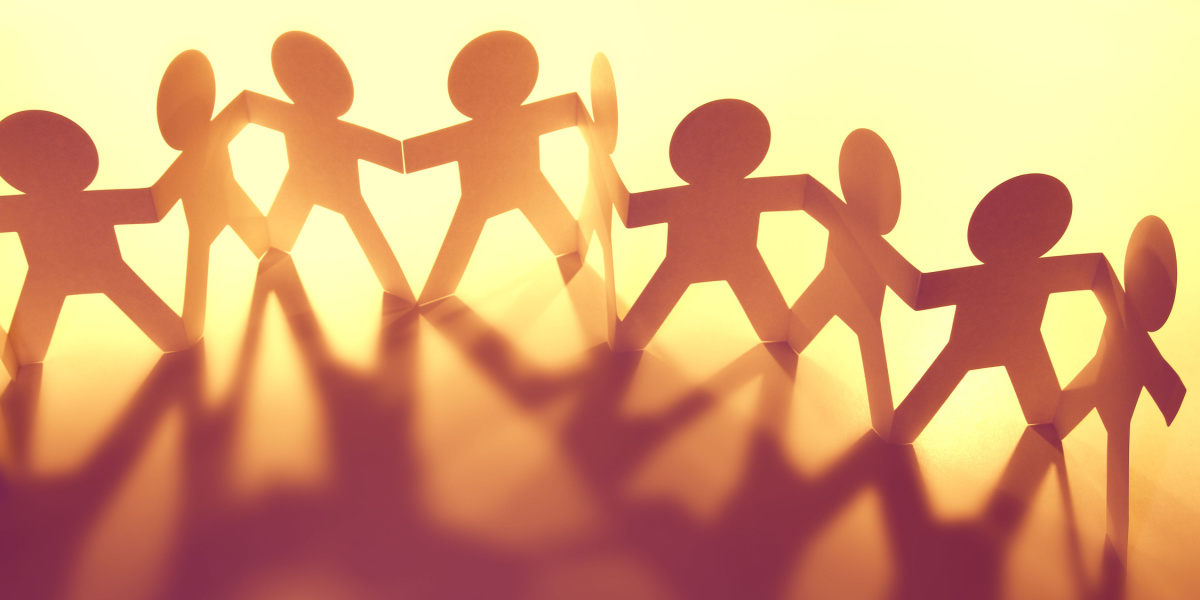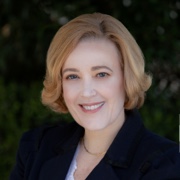Mary Beth O'Connor is the author of From Junkie to Judge: One Woman's Triumph over Trauma and Addiction which documents her battle with substance abuse, her recovery journey, and finding alternatives to 12-step recovery programs. Mary Beth explains why it is important to provide information about the numerous peer support options available.

Why 12-steps isn't right for everyone
When I got sober in 1994, my rehab insisted, vehemently and adamantly, that the only path to recovery was the 12-step program. They repeatedly said that if I didn’t comply with every aspect of that approach, I would fail.
I was stunned to find my medical treatment options this limited. But I also believed them because I thought they were experts in their field. Their mandate terrified me, because I couldn’t comply with that program. I didn’t believe in a higher power, I wasn’t going to turn over my will and my life, I didn’t agree I was powerless, and I didn’t like the focus on defects. So, I decided to keep my eyes and ears open and look for the parts I could use and ignore the rest. I read the AA Big Book and the NA text, I attended meetings, and I applied some of the concepts, such as One Day at a Time and recommendations to build a support network.
When I returned home, I went to the library (as there was no internet search engine yet!) and located several other peer support groups: Women for Sobriety, Rational Recovery, and Secular Organization for Sobriety. I was upset that I’d been misinformed by the people I’d paid to treat me. Yet, more relieved to know that others had succeeded by using other programs and techniques. For all three options, I read the books, attended meetings, and pulled ideas I found useful. Thus, my 30 years of sobriety is based on what, today, LifeRing Secular Recovery calls a Personal Recovery Program and what She Recovers Foundation categorizes as a patchwork plan.
I wish I could say that no rehab today similarly misleads its clients by insisting that 12-steps is the only option, but that isn’t true. Even when alternatives are acknowledged, too many recovery newbies are told that 12-steps works better. This assertion is contradicted by the only study evaluating the success rate of several peer support options. The Peer Alternatives Study compared AA, LifeRing, Women for Sobriety, and SMART, and found they all are equally effective.
The importance of secular treatment options
I also note that it is increasingly important to inform those seeking recovery of secular peer support groups. The percentage of Americans identifying as atheist, agnostics, freethinkers, humanists, and those without a religious affiliation has grown to over 20% of the population. Moreover, this group now is more dispersed around the country, rather than living primarily in cities, and is more racially and socioeconomically diverse. In addition, while it is true that some members of these categories find ways to make 12-steps work for them, it also is true that many religious or spiritual people choose programs other than 12-steps for a wide variety of reasons.
Recovery beyond 12-step programs
Given all this, my goal, always, is sharing information about options so people can find the right fit and thereby increase their odds of success. Below is an overview of the six largest peer support groups, although you can find other choices with a bit of research.
12-Steps
Some key concepts include being powerless over your addiction, turning your will and your life over to a higher power, reviewing your defects and wrongs you’ve done others, and following the structured 12-step program. Common meeting formats are speaker/discussion, step study, and Living Sober study. In addition to open meetings, there are meetings specifically for women, men, the LGBT community, youths, newcomers, Spanish speakers, and others. 12-step meetings are peer-led.
LifeRing Secular Recovery
LifeRing has a 3-S philosophy: sobriety, secularity, and self-help. There is no religion in meetings, but some LifeRing members have personal spiritual or religious beliefs. LifeRing emphasizes self-empowerment and the need for a personal recovery plan because individuals are unique and thus one size does not fit all. LifeRing meetings allow positive or neutral cross-talk, which includes asking the group for ideas, insights, and support. The primary meeting format focuses on last week and the upcoming week as to recovery successes, issues, and challenges. LifeRing also offers meetings for those building their recovery plan through the Recovery By Choice workbook. In addition to general meetings, LifeRing offers meetings for women, veterans, LGBTQIA+, dual diagnosis, disability, chronic health conditions, seniors, and others. Members of other peer-support groups are welcome. LifeRing meetings are peer-led with the organization providing information about techniques and strategies for successful meetings.
SMART Recovery
SMART Recovery facilitators are trained to use cognitive behavioral therapy techniques. In addition to those struggling with substances, meetings include those with other behavioral disorders such as eating and gambling. SMART is not exclusively abstinence-based. Meeting formats include information sharing only; discussion only; and, more commonly, a check-in, presentation of a SMART topic, with discussion. Subgroup meetings include those for women, Spanish speakers, and members of the LGBT community.
She Recovers Foundation
She Recovers members are women (including trans women and non-binary individuals who are comfortable in women’s communities), who are recovering from substances, trauma, mental health, behavioral disorders (eating, gambling, sex, etc.), self-harm, overwork, grief, and/or any other challenge. SRF focuses on recognizing and building on your strengths, a journey to wholeness, healing past wounds, and overcoming intergenerational trauma. Each individual defines her own recovery as SRF supports all pathways and patchworks of recovery and criticizes none. Many of its members also utilize 12-steps or other programs simultaneously. SRF has multiple online daily Gatherings, Sharing Circles in numerous communities, and an active private Facebook group. SRF offers meetings for legal professionals, LGBT+, BIPOC, veterans, healthcare, mothers with special needs kids, yoga, dance, and others. Certified coaches and trained professionals lead meetings.
Women for Sobriety
Women for Sobriety emphasizes that its members can take charge of their life, not be victimized by the past, create a new self-image, address behavior patterns, and utilize positive reinforcement techniques. The goal is to become a 4-C Woman: capable, caring, competent, compassionate. Most meetings include sharing and a discussion topic. Special meetings are provided for the LGBTQ community and others. Meetings are led by trained peers.
Recovery Dharma
Recovery Dharma is Buddhist-based and peer-led, with a focus on inner wisdom, self-empowerment, individual responsibility, developing wisdom, and enhancing compassion. Meetings include process/behavioral addictions, in addition to substance use. Meeting formats include those with a topic, sharing, and/or guided meditation. Subgroup meetings include LGBTQIA+, women, men, BIPOC, health conditions, health care professionals, and food.



